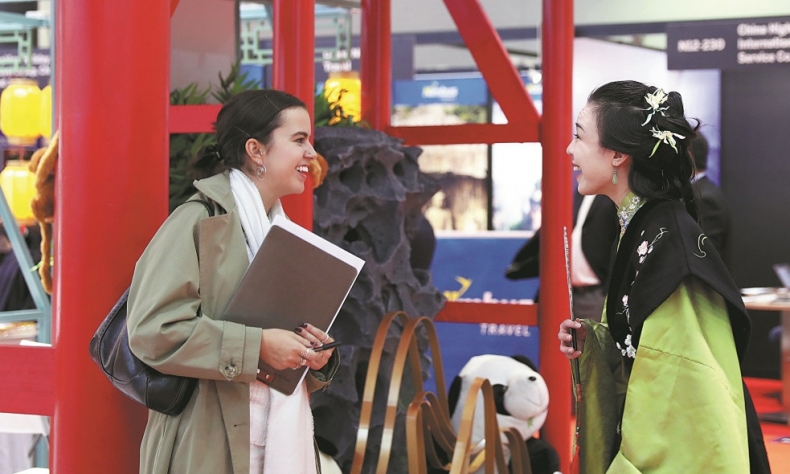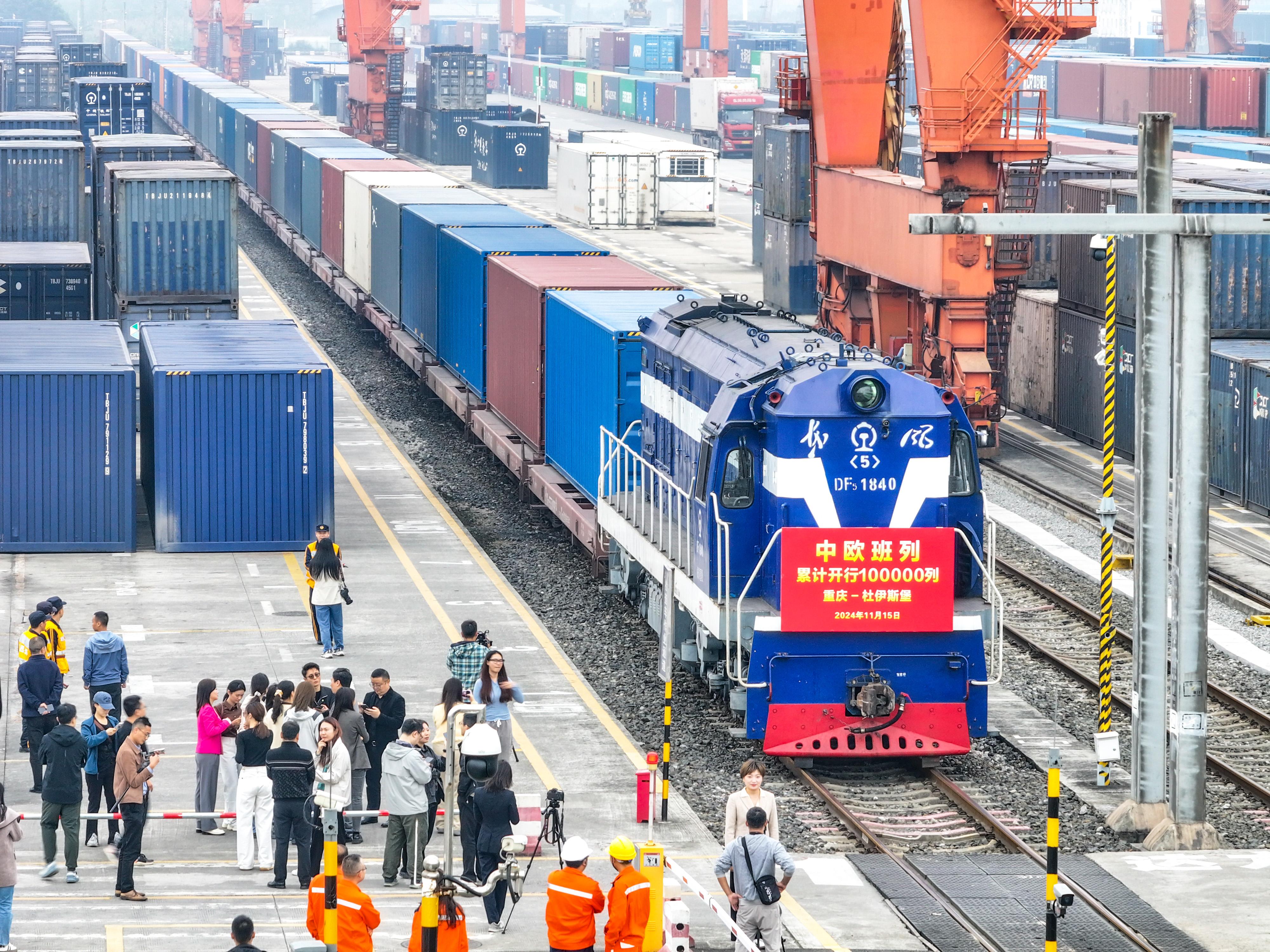Much Needs to Be Done to Rebuild Dialogue, Communication and Trust Between Europe and China

We need to try to find platforms and mechanisms to work together to enable people to have open, constructive, and frank dialogues with each other.
Editor’s Note: A long-standing bilateral friendship is built not only on economic and political cooperation but also on cultural exchanges, which serve as a bridge enhancing people-to-people ties. Dr. Tim Summers is an Assistant Professor at the Centre for China Studies, the Chinese University of Hong Kong, and was a British diplomat for 13 years, including a posting as UK Consul-General in Chongqing from 2004 to 2007.
With extensive experience in international relations and political economy of contemporary China, he shared his insights on China-UK cultural exchanges and the prospect of China-EU relations in an interview with China Focus. As China and Europe reach the 50th anniversary of diplomatic relations, where is this important bilateral relationship heading? Is globalization still the main trend of the world against the backdrop of rising anti-globalization sentiments? Edited excerpts of the interview are as follows:
China Focus: How do you assess the current situation of cultural exchanges between the UK and China? Is there any room for improvement?
Tim Summers: I think the cultural and people-to-people exchanges between China and the UK are already quite rich in many areas, particularly in education. Student exchanges are a key highlight, with several hundred thousand Chinese students travelling to the UK to study each year, mostly at universities, but also at secondary level. And that provides a good foundation for enhanced understanding between the two countries.
One thing that we could try to do more of is to get British students to come to China for short periods of time or for longer periods, either to study formally or just to have some exchanges, getting some insights and understanding of what’s going on in China today. I know the number of British people visiting China is not that great. I think there’s a lot of space here to try to develop more of those sorts of exchanges.
China Focus: Is the current geopolitical conflicts and friction affecting UK-China exchanges? What opportunities and challenges do you see in this context?
Tim Summers: Clearly, the geopolitical environment is a factor. The U.S.-China relation is a factor here. Maybe this also creates a little bit more space and opportunity for the UK and China to develop their exchanges in cultural and educational areas.
On the Chinese side, there is a strong appetite for engagement. On the UK side, things are complicated. There’s quite a range of different views and perspectives about China, from the very negative to the more positive. We need to find platforms and mechanisms together to enable people to have open, constructive, and frank dialogues with each other.

China Focus: This year marks the 50th anniversary of the establishment of diplomatic relations between China and Europe. How do you assess EU-China relations in recent years and where is this important bilateral relationship heading?
Tim Summers: The relationship between the EU and China has been very difficult over the last five years for a number of reasons, including the COVID-19 pandemic, the Ukraine crisis, the worsening geopolitical context, the U.S.-China ties and so on. It’s been a difficult time for China and the EU. There’s quite a lot of work that needs to be done to rebuild dialogue, communication and trust between the two sides. That’s going to be challenging, frankly.
I hope that the Chinese government can reach out to European countries and the European institutions over the coming months, particularly given the shock that is felt in Europe from some of Trump’s policies so far in 2025. However, we shouldn’t underestimate the challenges; there are a lot of difficulties in the relationship between China and the EU that need to be addressed.
China Focus: Against the backdrop of geopolitical conflicts and rising anti-globalization sentiments, do you think globalization is still the main trend of the world?
Tim Summers: I would say globalization remains a major trend in the world today, though whether it is the dominant trend is debatable. It’s a significant trend, but globalization is changing its shape and its nature. It is changing its geography in many ways. I think one of the things that is growing is globalization between countries of the Global South and China’s trade and investment ties with those countries are strengthening. And that’s part of a new phase of globalization.
But clearly, the old form of globalization—characterized by neoliberal trading models between the Western countries and China—is no longer with us. Tariffs, trade barriers, and shifting economic priorities have reshaped that landscape. So that sort of globalization period has passed. But there is still potential for new forms of globalization to take place over the coming years.
 Facebook
Facebook
 Twitter
Twitter
 Linkedin
Linkedin
 Google +
Google +










